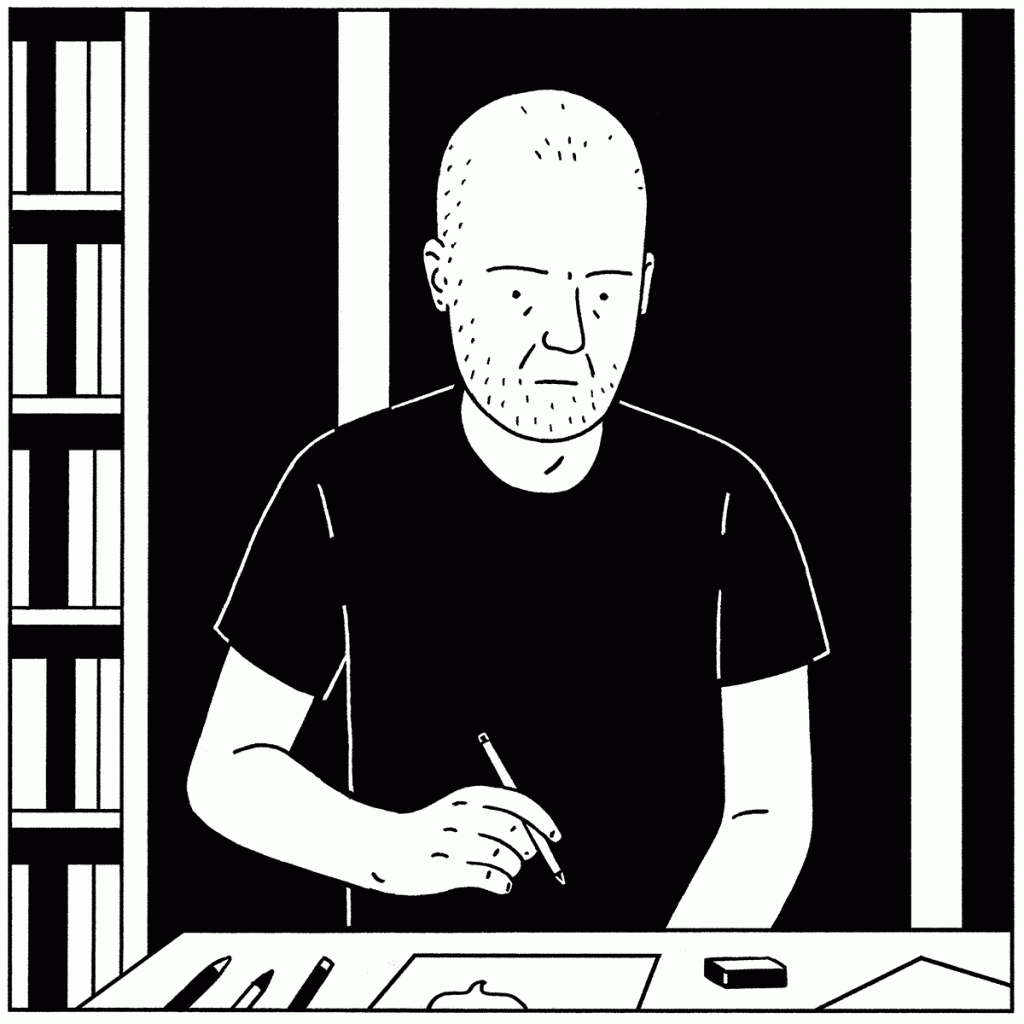You’ve been working on your comic for what probably seems like forever and finally, you feel that you are ready to share it with the world. Of course, you can always go the route of self-publishing, but that carries with it a number of obligations and expectations — printing, shipping, marketing — that you may not have the desire or the knowledge to take on. Thankfully, there are a number of amazing small press comics publishers who are constantly looking to expand their catalog and bring new voices into the world.
Unfortunately, though, as much as there are ethical publishers who want what’s best for the artists they publish, there are also bad actors who prey on the talents of young and new creators.
Part of the goal of Fieldmouse Press, the nonprofit press that publishes SOLRAD, is to advance the comics arts. We see the continued social and economic success of cartoonists as integral to that goal. SOLRAD has devoted and will continue to devote resources to this area of focus.To this end, we are running an ongoing feature at SOLRAD called KNOWING IS HALF THE BATTLE where we both feature an artist every week and ask for their advice about navigating the world of comics publishing, best practices for the business of comics, and other general advice. Today on KNOWING IS HALF THE BATTLE we’re featuring tips from ROBERT SERGEL

Robert Sergel was born in Boston, MA in 1982. He has a degree in Photo & Imaging from NYU’s Tisch School of the Arts. In the mid-2000’s he was a member of the Transplant web comic collective. He draws the Ignatz-nominated comic series Eschew, a Best American Comics selection. SPACE: An Eschew Collection was published by Secret Acres and counted on Paste Magazine’s best comics of the year. Bald Knobber is his first novel-length comic. He lives in Cambridge, MA. You can find out more about him by visiting his website. You can also find him on Twitter and Instagram.



ROBERT SERGEL
The main thing(s) I expect from a comics publisher is/are…
I expect they’ll cover printing costs and distribute/promote the book (i.e. get the book into stores, send out review copies, bring me to a convention, etc). For full-length works being sold to the book market, I would expect a reasonable advance. For minis/floppies, I would expect a bunch of copies to sell on my own and 1/2 the profit if they recoup.
My #1 advice for submitting to agents and publishers…
Firstly I would say it’s ok to take some time finding your voice and building a body of work that you feel really good about. The more fully-formed you are when you submit, the more exciting it will be for the person discovering your comics.
As for actually submitting, I tend to have things finished before I send them out. I’m sure approaches vary, but in general, the amount of commitment and sweat equity (pardon the jargon) you can demonstrate will impact how seriously your project is considered.
A sneaky red flag or shady thing I would warn new creators to look out for…
If they want to own the rights to anything or ask you to help pay for anything. Also, if you’re being enlisted to work on a project (like someone wants you to illustrate a story they’ve written, for example) and they want to defer your payment to some future date “after we’ve sold it.”
I think it can be worth it to take a lower-paid illustration job in return for ___…
There are a lot of variables that go into that kind of decision, but ultimately, what you’re willing to accept is less important than understanding your value well enough to make an informed choice. The problem too often is that artists undervalue themselves and don’t necessarily know that they’re taking a lower-paid job. Once you have a firm grasp on that, you’re free to make whatever concessions you feel like (a good cause, an outlet you really respect, etc).
If a publisher/offer seemed too good to be true, here’s how I’d check it out…
I’d ask around. Also, I’d probably check and see how many artists have worked with them more than once.
My best tip for promoting your work online and at cons…
Be consistent. Post and table regularly. Be a presence.
Note: I personally do not heed this advice, but I’ve seen it work I swear.
To take care of your health / mental health as an artist, I recommend…
Try as best you can to separate your self-esteem from your opinion of your work at any given time.
Take walks.
Develop a sense for when something just needs to be set aside for a bit. Don’t grind your gears down on a problem that a little time away will resolve.
I wish someone had told me ___ before I started working in the comics industry…
Start small and build out. When I first decided to make comics seriously, I was overly ambitious and immediately started in on my “epic, great American graphic novel.” I think that stalled my growth a bit because I was locked into something before I had figured out what I’m actually good at. A year or two later, I sort of started from scratch doing gag strips and 1-2 page stories and it was a way more fruitful (and less stressful) process.
SOLRAD is made possible by the generous donations of readers like you. Support our Patreon campaign, or make a tax-deductible donation to our publisher, Fieldmouse Press, today.

Leave a Reply